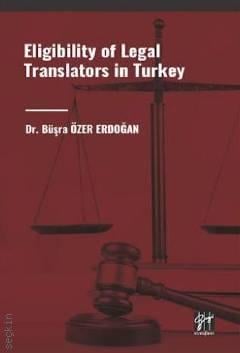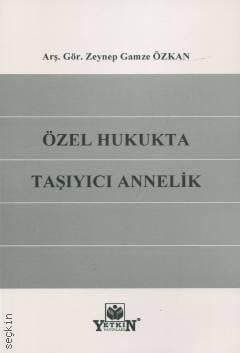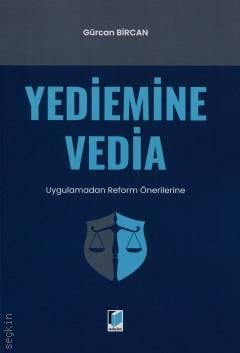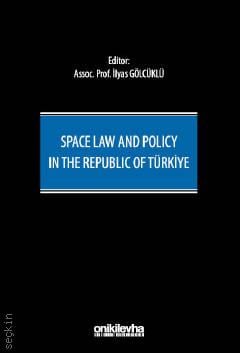
Eligibility of Legal Translators in Turkey
1. Baskı,
Haziran 2023
Kitabın Detayları
Dili:
İngilizce
Ebat:
16x24
Sayfa Sayısı:
185
Kitabın Fiyatı:
170,00₺
Temin süresi 2-3 gündür.
Kitabın Açıklaması
Legal translation is a critical component of any legal system, and the need for qualified legal translators has increased as globalization has made international legal communication more frequent. It s not only language skills but also a deep understanding of the legal concepts and cultural differences in the countries involved, thus playing a significant role in maintaining the integrity of legal systems and ensuring that justice is served fairly across borders. As such, it is essential that legal translators are competent, skilled, and well-trained.
Kitabın Konu Başlıkları

Introduction

Legal Translation and Legal Translator

Methodology

Findings

Conclusion and Recommendations
Kitapla İlgili Kategoriler
Kitabın İçindekileri
İçindekiler
CHAPTER I
INTRODUCTION
CHAPTER II
LEGAL TRANSLATION AND LEGAL TRANSLATOR
2.1. Institutional Legal Translation
2.2. Peculiar Nature of Legal Translation
2.2.1. Qualifications of Legal Translator
2.3. Historical Background of Legal Translation in Turkey
2.3.1. Translation Bureau in Courthouse
2.3.2. Legislation Applicable to Translators in Turkey
2.3.3. Current Criteria of Recruiting Legal Translators for Turkish Courthouses
2.4. Translator Training in Terms of Legal Translation in Turkey
2.4.1. Legal Translation Course
2.5. Legal Translators‟ Eligibility in Other Countries
2.5.1. Case of Germany
2.5.2. Case of America
2.5.3. Case of Canada
2.5.4. Case of France
2.5.5. Case of England
2.5.6. Case of Switzerland
2.6. Relevant Research Studies
2.7. Summary
CHAPTER III
METHODOLOGY
3.1. Research Questions
3.2. Overall Research Design of the Study
3.3. Participants of the Study
3.3.1. Legal Translators
3.3.2. Interviewees
3.3.3. Role of the Researcher
3.4. Data Sources and Data Collection Instruments
3.4.1. Process of Literature Review
3.4.2. Interview Instruments
3.4.3. Questionnaire
3.4.4. Written Documents
3.5. Data Collection Procedure
3.6. Data Analysis
3.6.1. Data Coding
3.6.2. Generating Categories
3.6.3. Organizing and Defining the Data through Codes and Categories
3.6.4. Conclusion from Findings
3.7. Validity and Reliability of the Study
3.8. Assumptions
3.9. Delimitations of the Study
3.10. Limitations of the Study
CHAPTER IV
FINDINGS
4.1. Research Questions
4.2. Purposes
4.3. Strengths and Weaknesses of the Methods
4.3.1. Strengths of the Methods
4.3.2. Weaknesses of the Existing Methods
CHAPTER V
CONCLUSION AND RECOMMENDATIONS
5.1. Conclusion
5.2. Implications and Recommendations
5.2.1. Recommendations for Law Makers
5.2.2. Recommendations for Developers of the Legal Translation Services in the Turkish Judiciary
5.2.3. Recommendations for Curriculum Developers of the Departments of Translation Studies
5.2.4. Recommendations for Legal Translators
5.2.5. Recommendations for Students of Translation Studies
5.2.6. Recommendations for Researchers for Further Studies
Hakkımızda
|
Uluslararası Yayınevi Belgesi|
Kaynakça Dosyası|
Kişisel Verilerin Korunması |
Üyelik|
Siparişlerim|
İade Politikası|
İletişim


